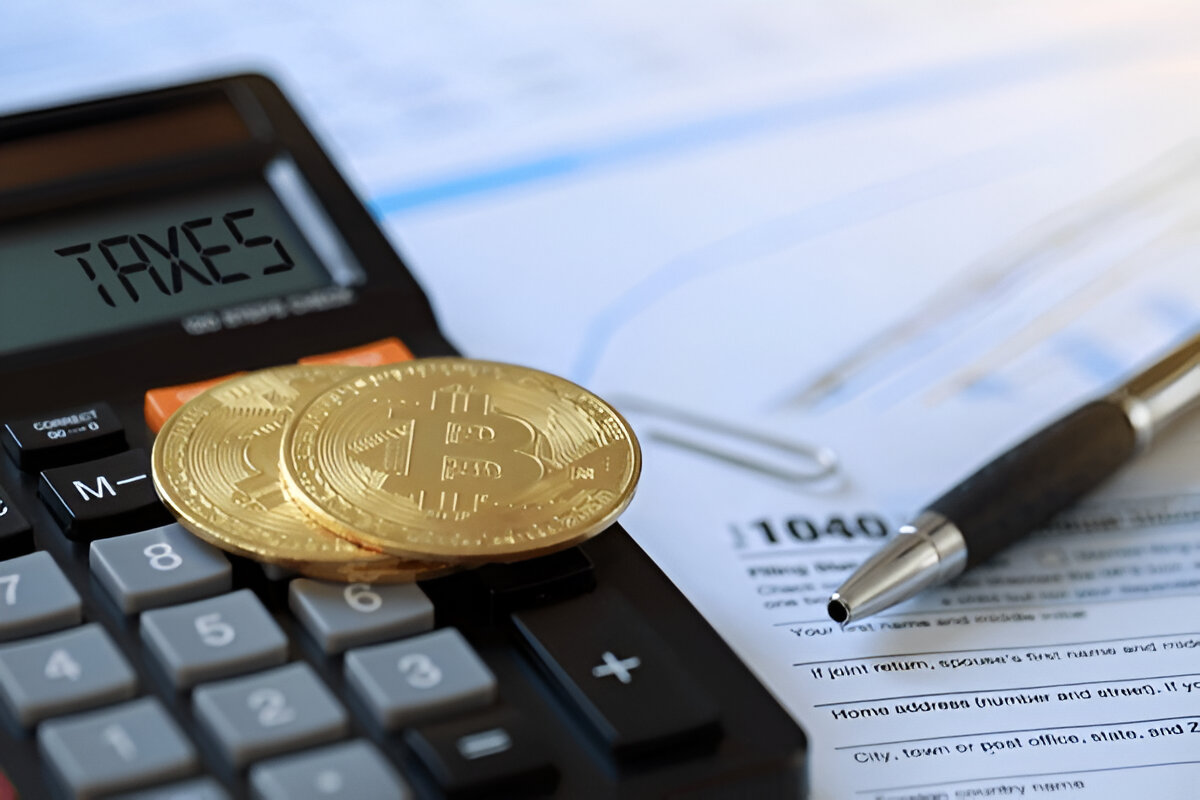As crypto gains mainstream attention, so does regulation—and yes, that includes taxes. Many crypto investors think crypto is anonymous and untaxable, but that’s not true in most countries.
In 2024, the IRS fined over 12,000 crypto holders for underreporting. Most didn’t even know they owed taxes. Here’s how to avoid their mistakes.
In this post, we break down how crypto taxes work, what counts as taxable, and how to keep things legal without the headache.
Is Crypto Taxable?
Yes, in most countries, crypto is considered property or an asset, not currency. That means anytime you make a profit, it may be subject to capital gains tax.
What’s Taxable? (2025 Rules)
💸 You Owe Taxes On
| Activity | Tax Type | Example |
|---|---|---|
| Trading crypto → crypto | Capital Gains | Swapping ETH for SOL |
| Selling crypto → fiat | Capital Gains | Bought 1BTC for $30k→Sold for $50k (after 6mths) |
| Spending crypto to buy goods/services | Capital Gains | Bought 1ETH at $2k→Used it to buy a $3k laptop |
| Staking rewards | Income + Gains | Earning ADA staking rewards |
| Receiving crypto as payment | Ordinary Income Tax | Freelancer paid 0.5BTC |
| NFT sales | Capital Gains | Selling a Bored Ape |
| Mining income | Income | Earning BTC from mining |
Tax-Free Events:
- Buying crypto with fiat
- Holding (no selling)
- Transferring crypto between your own wallets
- Donations to 501(c)(3) charities
Step-by-Step Tax Guide
It depends on whether you made a profit or loss when you sold or exchanged your crypto. Here’s the basic formula:
📌 Step 1: Track Your Transactions
- Tool Recommendations:
- Free: Koinly (under 100 trades)
- Paid: CoinTracker (DeFi support)
📌 Step 2: Calculate Gains/Losses
- Short-Term (<1 year): Ordinary income rates (10-37%)
- Long-Term (>1 year): 0-20% (lower brackets)
Example:
📌 Step 3: Claim Deductions
- Common Write-Offs:
- Mining electricity costs
- Exchange fees
- Crypto tax software expenses
📌 Step 4: File Correct Forms
- US: Form 8949 + Schedule D
- EU: Capital Gains declaration
- AU: Crypto section in tax return
Do I Need to Report If I Lost Money?
Yes. You should still report your crypto trades—even if you made a loss. In many countries, you can use your crypto losses to offset other capital gains or income.
Worst Mistakes
❌ Assuming exchanges report for you
*(Coinbase only reports if you earn >$600)*
❌ Ignoring small trades
*(100x $10 trades = $1,000 potential audit trigger)*
❌ Using last year’s software
*(2024 tools miss 2025 rule changes!)*
Tips to Stay Compliant
- Use a portfolio tracker that logs all your trades.
- Avoid mixing personal and business wallets.
- File your taxes early to avoid penalties.
- Hire a tax professional if your trades are complex or high volume.
Conclusion
Crypto taxes don’t have to be scary, but with the right tools and awareness, they’re manageable. Use the tools above, document everything, and when in doubt—hire a pro.
Want us to review your portfolio? Book a tax consultation.
Remember: Tax mistakes now can lead to audits later. Be smart, stay ahead.



